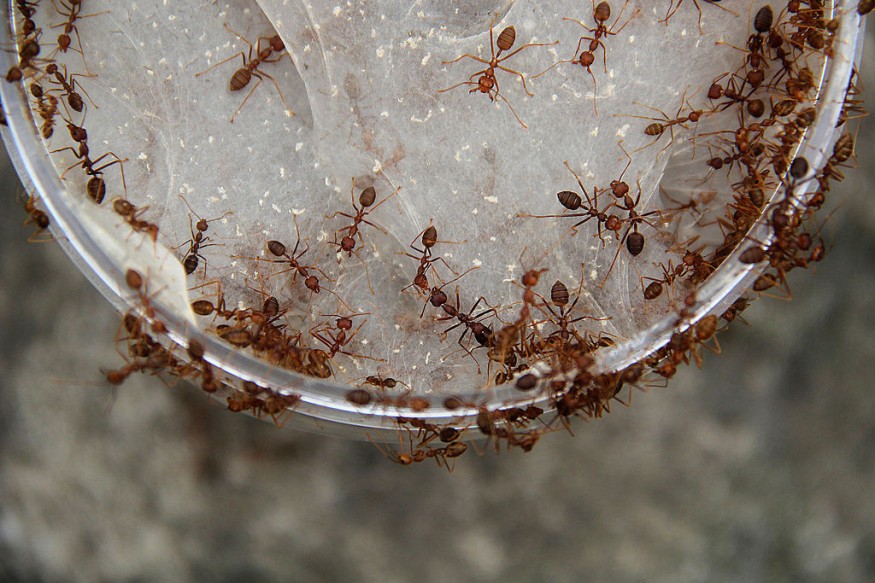
The key to ant survival lies on their behavior. In fact, their distinct behavioral states provide them opportunity to switch their social status depending on certain conflicts. For ants, climbing the social ladder, from lowly workers to reproductive queens, is a state of mind.
A new study shows that workers in the ant caste colony can take the place of a queen and become what is known as 'gamergates'. Scientists explain that by activating a single protein in the ant brain, a worker ant can essentially take over the queen's role.
This protein called Kr-h1 (Krüppel homolog 1) "maintains distinct brain states established in response to socially regulated hormone," the authors wrote. The lack of it comes an emergence of worker-specific behaviors in gamergates and gamergate-specific traits in workers.
A remarkable midlife transformation
"Animal brains are plastic; that is, they can change their structure and function in response to the environment," explains molecular biologist Roberto Bonasio of the University of Pennsylvania.
"This process, which also takes place in human brains - think about the changes in behavior during adolescence - is crucial to survival, but the molecular mechanisms that control it are not fully understood."
"We determined that, in ants, Kr-h1 curbs brains' plasticity by preventing inappropriate gene activation."
This means that a tweak in the said protein transforms the genetic instructions in ants on their respective social roles and behaviors. While ant workers maintain the colony by searching food and fighting invaders, the queen's main role is to lay eggs and populate.
The question now is how these certain genes are turned 'on' and 'off'.
Switch from one social caste to another
Findings show that the ecdysone and juvenile hormone in ants determine their social behavior, whether to decrease their hunting activity or stimulate ovary activation.
To understand how the switch occurs, researchers isolated specific neurons in the ant brains and determine signaling pathways of these hormones. They found that both social hormones ultimately influenced the ant neurons by activating that single protein factor - Kr-h1, which seems to repress genes associated with gamergates. Meanwhile, for the level of hormones seen in gamergates, the protein seems to repress worker-based gene pathways.
When this protein is depleted in ants' neurons, "gamergate genes were upregulated in workers, whereas worker genes were upregulated in gamergates."
"We had not anticipated that the same protein could silence different genes in the brains of different castes and, as a consequence, suppress worker behavior in gamergates and gamergate behavior in workers," Bonasio said.
"We thought that these jobs would be assigned to two or more different factors, each of them only present in one or the other brain."
Researchers said that a further study is best to actually prove how two main social hormones, juvenile hormone and ecdysone, control caste behavior in ants via a single protein factor. This also raises significant queries about how the duality of this protein and others like it might be regulated.
© 2025 NatureWorldNews.com All rights reserved. Do not reproduce without permission.





